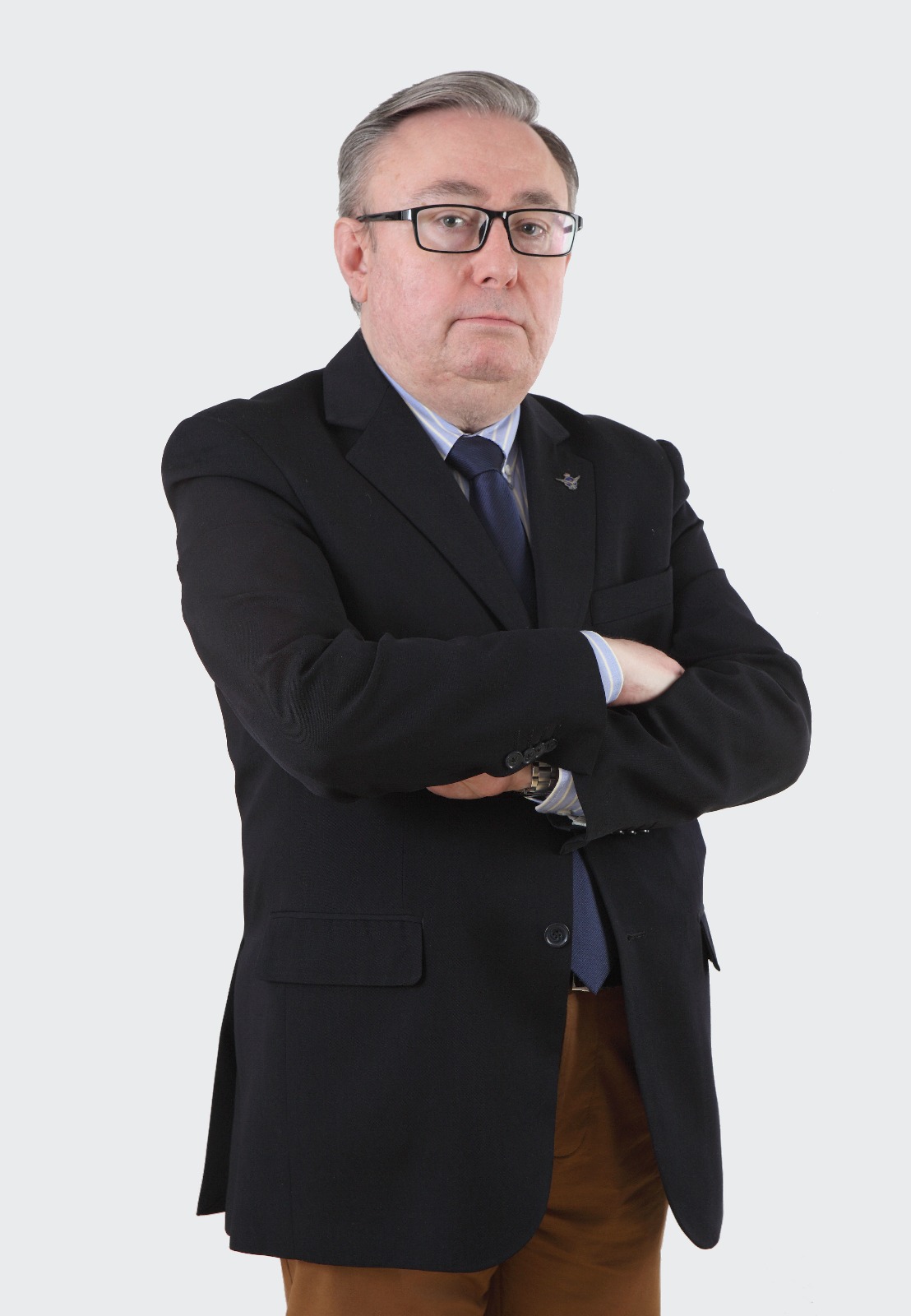
Dr. Diego Galar is a Full Professor of Condition Monitoring at Luleå University of Technology (LTU) in Sweden, where he leads initiatives in predictive maintenance, industrial AI, and digital twins. He has coordinated several European projects related to cyber-physical systems, Industry 4.0, IoT, and Industrial AI and Big Data.
In addition to his academic role, Dr. Galar serves as the Research & Technology Director at Sisteplant in Spain, focusing on predictive maintenance solutions and condition monitoring. He has also held the position of principal researcher at Tecnalia (Spain), heading the Maintenance and Reliability research group within the Division of Industry and Transport.
Dr. Galar has authored over 500 publications, including journal and conference papers, books, and technical reports in the field of maintenance. He actively participates in editorial boards, scientific committees, and chairs international journals and conferences. His international engagements include visiting professorships at institutions such as the Polytechnic of Braganza (Portugal), University of Valencia, NIU (USA), Universidad Pontificia Católica de Chile, University of Sunderland (UK), University of Maryland (USA), and Chongqing University in China.
In April 2023, Dr. Galar was elected as Secretary and Director of Industry Relations on the Board of Directors of the European Federation of National Maintenance Societies (EFNMS), where he aims to foster collaboration between National Maintenance Societies and enterprises at a European level.
Speech title: The Last Line of Defense: Cognitive Maintenance and the Rise of Self-Preserving Machines
Abstract
As Industry 5.0 emerges, maintenance is no longer confined to scheduled tasks or predictive algorithms. A new frontier is taking shape—cognitive maintenance—where machines are designed not only to operate efficiently but to interpret their own degradation, adapt to dynamic conditions, and act preemptively to survive. This paradigm envisions assets as self-preserving systems, capable of awareness, anticipation, and autonomous response.
Traditional predictive maintenance, centered on Remaining Useful Life (RUL) models, struggles to cope with uncertainty, rare events, and complex failure modes. When data alone proves insufficient, and models fall short in the face of the unexpected, maintenance must evolve. This presentation explores the integration of hybrid AI—merging data-driven learning with physics-informed neural networks (PINNs)—to produce trustworthy, interpretable systems that do not simply estimate failure, but understand it within context.
The talk also addresses the threat of Black Swan events, catastrophic failures that lie outside the scope of historical data and challenge the limits of conventional analytics. In this scenario, maintenance becomes the last line of defense—a cognitive shield rather than a reactive patch.
Finally, the rise of the augmented maintenance workforce is envisioned: human crews enhanced by AR and AI, working alongside autonomous robots capable of decision-making and self-adjustment. These developments signal a fundamental transformation—from tools that wait to break, to systems that fight to endure.
This is not just a technological evolution. It is a shift in the philosophy of maintenance—from failure avoidance to survival instinct—where every asset becomes an intelligent actor in its own longevity.
Professor Celso Azevedo
(information to be added later)

